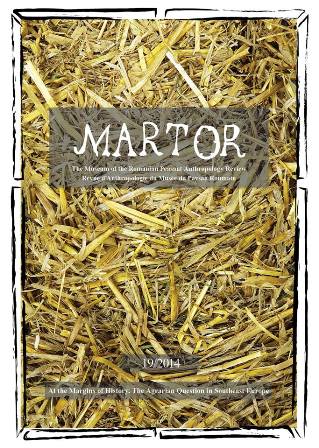Europe's Guinea Pigs: Globalizing the Agricultural History of Southeastern Europe
Europe's Guinea Pigs: Globalizing the Agricultural History of Southeastern Europe
Author(s): Frank UekötterSubject(s): Anthropology
Published by: Muzeul Ţăranului Român, Editura Martor
Keywords: peasantry; agriculture; resistance; modern history; transformation;
Summary/Abstract: One of the most remarkable features of the peasantry is its resilience to obituaries. No other social group has shown such stubborn resistance towards predictions of social disintegration throughout modern history. The peasants survived Marxist analysts who laid out that the peasants were oppressed and should thus join forces with the proletariat. They survived a comprehensive transformation of markets and modes of production that changed virtually all parameters of agriculture, save for a few biological fundamentals. They persisted through Communist social engineering. They even survived historians such as Eric Hobsbawm who presented the death of peasantry as a fait accompli. It is no coincidence that the academic study of peasants ended up in the hands of anthropologists, whose core competence is to make sense of behaviour that nobody else understands. After some two centuries of industrial- capitalist modernity, the peasants are still out there, ready to outlive concepts and categories as they may come to them.
Journal: Martor. Revue d’Anthropologie du Musée du Paysan Roumain
- Issue Year: 2014
- Issue No: 19
- Page Range: 175-179
- Page Count: 5

